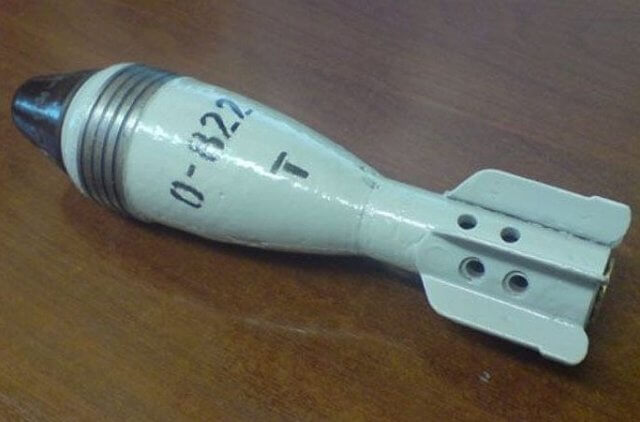
Mr. Crooke’s holes
We knew almost nothing personal about our high school teachers. So I was surprised one day when our physics teacher, Mr. Crooke, told us that during World War II he had helped to develop some of the earliest rockets. His job was to figure out the best fin designs. This was long before the days of computer simulations (or computers for that matter), so Mr. Crooke experimented by drilling holes in the fins and then firing the rockets to see how straight they flew.
This captured our schoolboy imaginations, and for the next few weeks “Mr. Crooke’s holes” were a frequent topic of conversation.
I liked physics class because we did actual experiments and it offered the possibility of understanding the strange and confusing world in a rational way that seemed comforting to me. But this unexpected personal story cut through the dry presentations of facts that filled most of my childhood education, and it stuck.
Mr. Crooke told us that one of his rockets was displayed in the London Science Museum. Fifty years later, I spent a day at the museum. I examined every rocket, but, sad to say, couldn’t find the one with Mr. Crooke’s holes.
The biology class I’ll never forget
In class one day I was asked to publicly announce my score on a ten-question biology pop quiz. “Six,” I said, and I heard loud gasps. The class of twenty-three students was shocked. I was supposed to be smarter than that. Although it has lost its emotional impact, I still remember the shame I felt at that moment.
In my school, the unspoken classroom rules were do what the teachers tell you and don’t make mistakes. Transgressions were followed by public shaming.
It took me many years to realize how much my educational environment relied on shame. Because the emotional cost is high, it’s a rotten way to motivate learning.
Inventing an electric bicycle
Back to my physics class. (Hey, I became a physicist.) One day Mr. Crooke gave us a homework assignment for the week: design something that involved physics. I remember having a hard time thinking of something that would work. The evening before the assignment was due, I thought of inventing an electric bicycle.
Although there are some Victorian-era patents for electric bikes, they were never mass-produced until recently. I certainly had never seen one when I invented mine. I remember drawing a bicycle with an electric motor bolted on, connected by a chain to the rear wheel. The battery was mounted on a little platform behind the bike. The details of the controls were conveniently omitted.
It amuses me that, thanks to the development of powerful lightweight batteries, my fanciful and impractical “invention” in the 1960s has become the commonplace e-bike of today.
High school memories
These high school memories of mine have endured because they all include an emotional component of one kind or another. We may learn wondrous facts in school, but it’s the stories, experiences, and associated feelings that trigger memories that live on.
Is that true for you?
